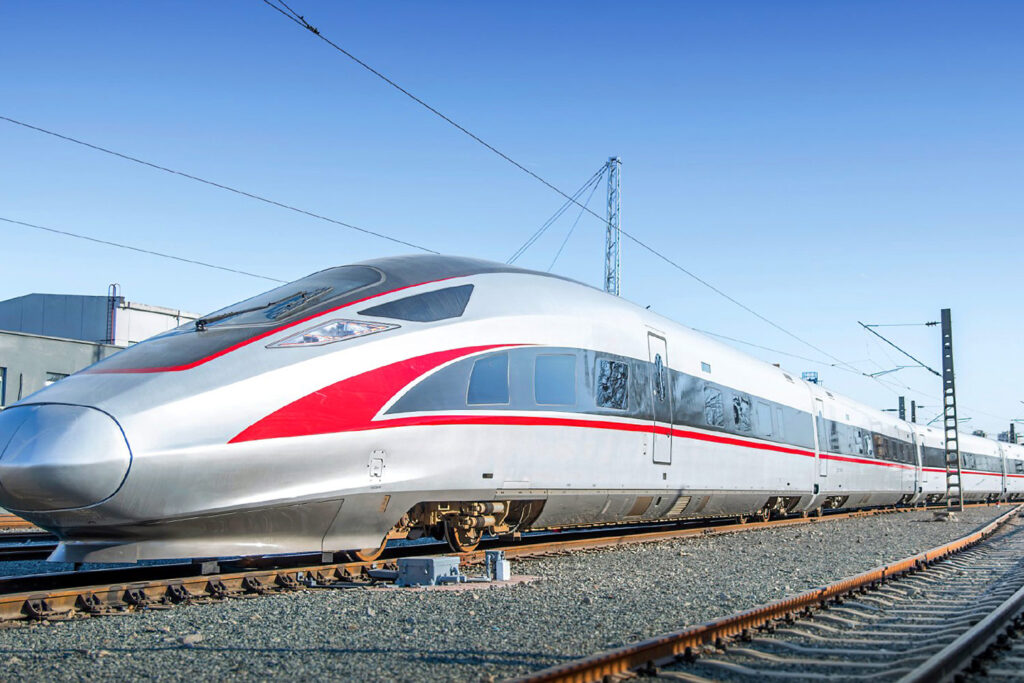Thailand’s Cabinet has given the green light to phase two of its landmark high-speed railway (HSR) project with China, marking a significant advancement in the Belt and Road Initiative (BRI). The 357-kilometer extension, costing 341.35 billion baht ($9.56 billion), will connect Nakhon Ratchasima to Nong Khai on the Laos border.
The project’s first phase is a 253-kilometer line linking Bangkok to Nakhon Ratchasima which is 36% completed and scheduled for completion by 2027-28. Upon full completion in 2030, the entire 609-kilometer railway will reduce Bangkok-Nakhon Ratchasima travel time from four hours to one hour.
Courtsey: (Social Media Channel)
Main Development:
Five new railway stations along the route
Freight transit center in Nong Khai Province
Cross-border “one-stop” cargo service
Second phase of the project will extend to Lang Khai, a border town in northeastern Thailand, to connect with the China-Laos Railway and directly reach Kunming, Yunnan.
Part of broader regional connectivity with Myanmar and Vietnam
Prime Minister Paetongtarn Shinawatra has prioritized the project’s completion, viewing it as crucial to Thailand’s ambition of becoming Asia’s logistics hub. The initiative aims to strengthen trade and tourism links with China while overcoming historical geographical barriers between mainland Southeast Asia and southern China.
China State Construction Engineering (Thailand) Co. is leading the construction of key sections, with the project representing Thailand’s first standard-gauge high-speed railway.
Concerns About HSR Project
However there have been persistent concerns in Thailand about the financial viability of some BRI projects and the potential for the country to fall into a “debt trap” as seen in other BRI partner nations.
Environmental concerns also accompany large infrastructure projects like high-speed railways. There have been worries about the ecological impact of some BRI projects in Thailand, especially in sensitive areas, mainly due to deforestation and community displacement. The construction of the high-speed railway, especially near the ancient city of Ayutthaya, has raised concerns regarding the potential physical and visual damage to historical sites. Many worry that constructing the elevated track and station near certain ancient sites might risk UNESCO delisting Ayutthaya as a World Heritage Site.

